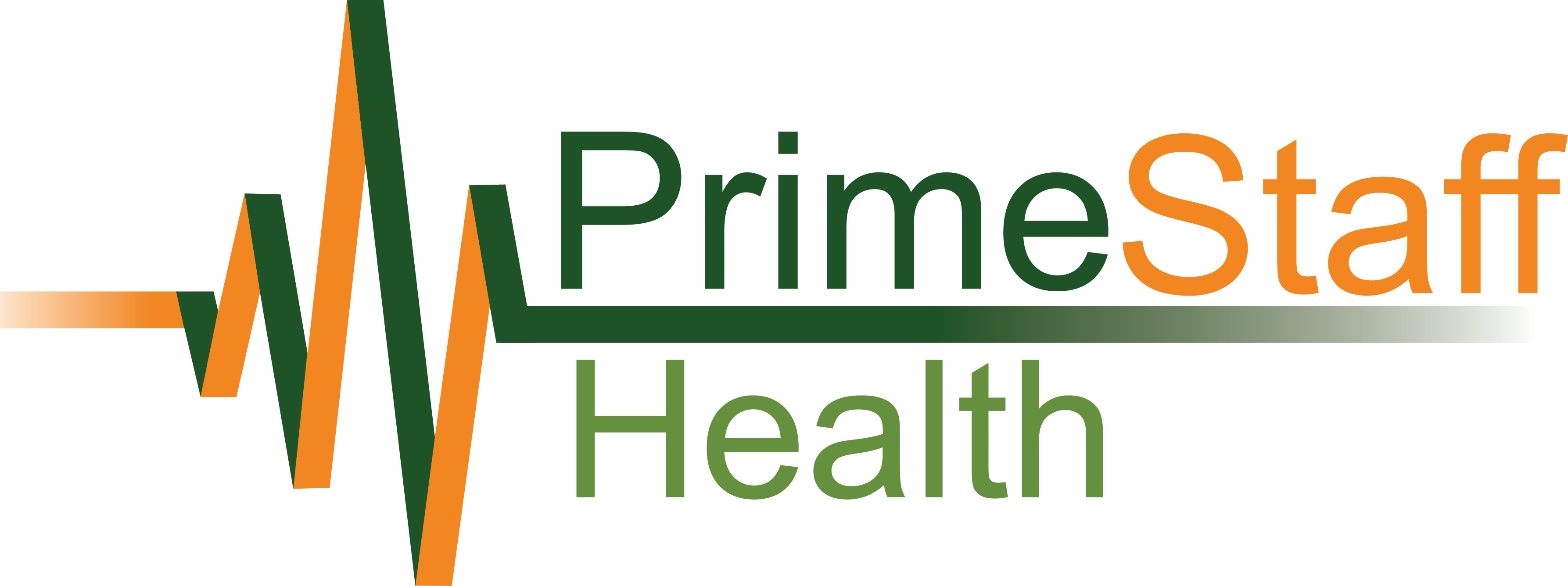On January 1st, 2024 California Senate Bill No. 700 came into effect. The bill and its companion bill, Assembly Bill 2188, makes it unlawful for an employer to discriminate against a person in hiring, termination, or any term or condition of employment, or otherwise penalize a person because of the person’s use of cannabis off the job and away from the workplace except in specific circumstances such as Federal jobs. It bars employers from asking job applicants about their prior use of cannabis. In addition it prohibits drug screening test that test for non-psychoactive metabolites of cannabis. This would include urine, blood, or hair testing. Saliva testing can be used to test for psychoactive Tetrahydrocannabinol (THC). Tetrahydrocannabinol (THC) is the chemical compound in cannabis that can indicate impairment and cause psychoactive effects. After Tetrahydrocannabinol is metabolized, it is stored in the body as nonpsychoactive cannabis metabolites. These metabolites do not indicate impairment, only that an individual has consumed cannabis in the last few weeks, and therefore cannot be used against an employee or applicant.
These California bills not apply to an employee in the building and construction trades.
What Does This Mean for DOT Hiring?
These bills do nothing to change DOT and FMCSA requirements for testing and hiring of safety-sensitive positions. The standard for DOT drug-testing is still the 5–panel urine drug test until saliva testing becomes available for DOT. The 5-panel drug test includes THC testing mandated by Federal law. MROs cannot validate the use of marijuana (as it is currently a schedule-I drug) and the presence of the drug results in a failed drug screen.
For non-safety sensitive positions employers will not be permitted to ask about previous use of marijuana. If testing is done it must be done with saliva to test for THC.
There has been some suggestion that rescheduling marijuana to a schedule-III drug with approved medical uses will change how DOT is required to treat the drug. There is thought that once marijuana is a Schedule III drug there may be legal claims asserted under the federal Americans with Disabilities Act (ADA) related to requests for reasonable accommodations.
Currently when a driver or other safety-sensitive employee is prescribed a controlled substance both the drug-testing MRO and the FMCSA Medical Examiner (who performs the physicals) must have verification from the prescriber that the controlled-substance medication does not interfere with the performance of safety-sensitive duties. These same rules may apply to marijuana if it is rescheduled, but time will tell.

